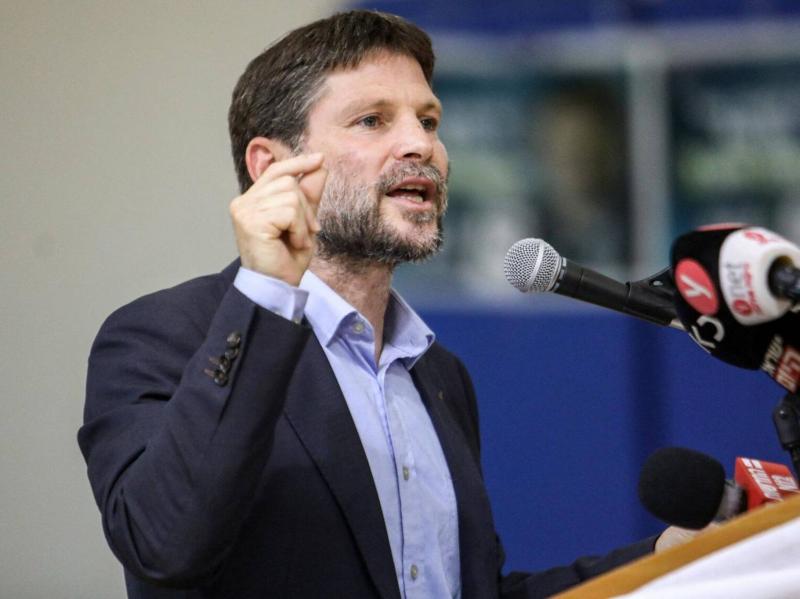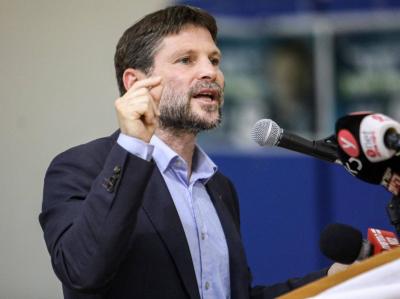Israeli Finance Minister Bezalel Smotrich has frozen funds allocated for Arab towns and Palestinian education programs in East Jerusalem, citing concerns over crime and safety, which has led to accusations of racism against him. Smotrich, a prominent member of Prime Minister Benjamin Netanyahu's religious nationalist government, stated on Monday that some budget funds designated for Arab local councils were akin to political bribes from the previous government and could end up in the hands of "criminals and terrorists."
Smotrich, the head of the pro-settlement Religious Zionism party, whose previous statements about Palestinians have drawn international condemnation, asserted, "Our government’s national priorities... are different from the leftist government’s previous priorities, and we should not apologize for that."
Israeli public broadcasting (Kan Radio) first reported the freeze on Sunday, publishing a letter from Interior Minister Moshe Arbel to Smotrich urging him to release 200 million shekels (approximately $54 million) allocated for administration and an additional 100 million for economic development.
Member of Knesset Mansour Abbas, leader of the United Arab List, accused Smotrich of racism. He told Reuters that Arab citizens are entitled to these funds, clarifying, "In reality, this money is a right for the Arab community and came under the title of closing the gaps between the Arab community and the Jewish community." Arab citizens, most of whom are descendants of Palestinians who remained in the newly established State of Israel after the 1948 war, constitute about 20 percent of Israel's population.
Netanyahu's office did not respond to a request for comment, while opposition leader and former Prime Minister Yair Lapid accused Smotrich of racism by "mistreating Arab citizens simply because they are Arab."
For decades, the Arab minority in Israel has suffered from deteriorating social and economic conditions compared to Jewish citizens, including high poverty rates, inadequate infrastructure in overcrowded cities, and limited funding for schools.
Amir Basharat, the director-general of the National Committee of Arab Local Authorities, stated that the additional funds allocated in 2022 for 67 Arab councils acknowledge years of inadequate resource allocation to Arab towns. He added that the freeze could mean councils may struggle to provide basic services such as garbage collection or reopening schools after the summer break.
Smotrich also announced that a separate 200 million shekel fund aimed at encouraging academic studies among Palestinians in East Jerusalem would be frozen until what he described as "extremist Islamic activity" on campus is eradicated.
In May, the government extended a 2018 five-year plan worth 2.1 billion shekels aimed at improving education, employment, health, and infrastructure in East Jerusalem, which Israel occupied in the 1967 war and annexed in a move not recognized internationally. The plan includes programs to assist Palestinians, who make up nearly 40 percent of Jerusalem's population, about two-thirds of whom live below the poverty line, in integrating into Israeli academic institutions.
Smotrich noted that the new plan for East Jerusalem would include an increase in the overall budget but added that while promoting academic studies among Palestinians in the city is a worthy cause, it has led to unwelcome consequences. The Hebrew University of Jerusalem, along with three other institutions, expressed shock at Smotrich's decision, which will affect hundreds of Palestinian students, urging Netanyahu not to allow the spread of "voices promoting hatred and racism." The university added that security officials indicated that Smotrich’s decision would have counterproductive results.




